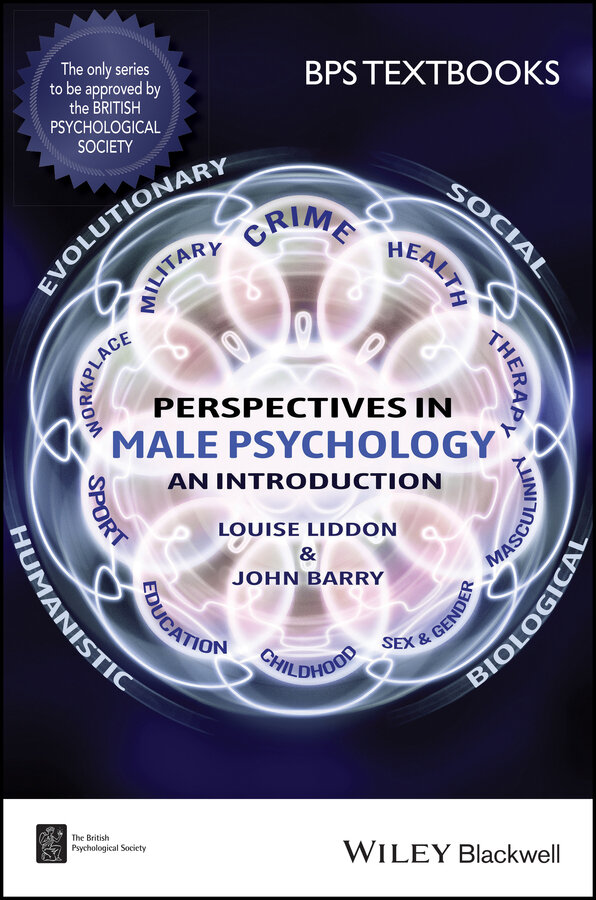Depression and Obesity in PCOS
The following is an extract from Chapter 2 of the book ‘Psychological Aspects of Polycystic Ovary Syndrome’ (pages 38-39).
“In PCOS, obesity typically starts in adolescence and weight loss can be difficult. Bazarganipour et al. (2013) assessed 300 adult women with PCOS in Iran and found that higher BMI was associated with poorer body satisfaction. As well as the quality of life (QoL) impact of obesity(see Chap. 3), obese women tend to have lower self-esteem scores (Açmaz et al. 2013). Depression is often associated with obesity in PCOS (e.g. Cinar et al. 2011; Rasgon et al. 2003; Stapinska-Syniec et al. 2018) and in otherwise healthy women (Stunkard et al. 2003).
There are exceptions, and some studies of PCOS and obesity have not found this relationship (McCook 2002; Hahn et al. 2005; Månsson et al. 2008) so we should be careful not to presume that all women with PCOS who are obese find their weight depressing, let alone are clinically depressed because of it.
The meta-analysis by Barry et al. (2011a) found that when obesity was accounted for, depression was reduced by a Hedge’s g of 0.15, which is modest, given that a g of 0.2 is considered a ‘small effect size’. Similarly, the meta-analysis by Cooney et al. (2017) found that when BMI was taken into account, the odds of women with PCOS being depressed was reduced from 4.18 times more than healthy women to 3.15 times more. This means that the increased prevalence of depressive symptoms in PCOS is not entirely independent of BMI, but BMI contributes a modest amount—an odds ratio (OR) of 1.03. As the authors of a seminal review of mental health in PCOS stated: ‘obesity likely plays a part in the greater depression of women with PCOS, but it is clearly not the only contributor’ (Himelein and Thatcher 2006, p. 724).” (Barry 2019, pp 38-39).
About the author
Dr John A. Barry is a Chartered Psychologist and Professional Researcher. He is a leading expert in the areas of male psychology including men’s mental health and the psychological aspects of polycystic ovary syndrome (PCOS). His new book, Perspectives in Male Psychology: An Introduction (ISBN: 978-1-119-68535-7), co-authored with Louise Liddon, is published in the new year and is available to pre-order now.
Reference
The book ‘Psychological Aspects of Polycystic Ovary Syndrome’ by Dr John A Barry can be accessed here https://www.palgrave.com/gp/book/9783030302894
DOI: 10.1007/978-3-030-30290-0
eBook ISBN: 978-3-030-30290-0
Hardcover ISBN: 978-3-030-30289-4









